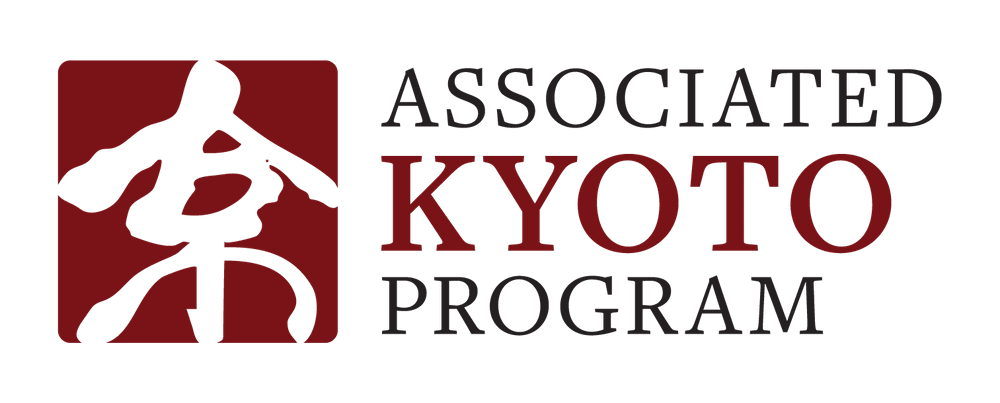Decisions on what medications may be imported legally into Japan are made by the Japanese Government, and unfortunately the limited information we have available at the American Embassy and our Consulates does not include comprehensive lists of specific medications or ingredients. This information is available only from the Japanese authorities and is subject to change.
Over-the-Counter Medicines
It is illegal to bring into Japan some over-the-counter medicines commonly used in the United States, including inhalers and some allergy and sinus medications. In particular, products that contain stimulants (including medicines that contain pseudoephedrine, such as Actifed, Sudafed, and Vicks inhalers) or codeine are prohibited.
Up to a two-month supply of allowable over-the-counter medication and up to a four-month supply of allowable vitamins can be brought into Japan duty-free. Note that disposable contact lenses fall into a similar category and that any amount over a two-month supply should be declared via the import certificate mentioned in the next section.
Prescription Medications
Generally, up to one month’s supply of allowable prescription medicine can be brought into Japan. Travelers must bring a copy of their doctor’s prescription as well as a letter stating the purpose of the drug.
Travelers who must carry more than one month’s supply, or are carrying syringes, are required to apply for an import certificate (Yunyu Kakunin-sho) before entering Japan. To apply for this certificate before you leave, or for more information on taking medication into Japan, visit the Ministry of Health, Labour, and Welfare’s website at https://www.mhlw.go.jp/english/policy/health-medical/pharmaceuticals/01.html. The American Embassy and the Consulates in Japan do not stock these applications.
Note that some US prescription medications cannot be imported into Japan, even when accompanied by a copy of the prescription. This includes any form of marijuana (including CBD oil) and medications with stimulants.
ADHD Medication in Japan
As mentioned above, all medications containing stimulants are prohibited. This includes Adderall, a standard medication used to treat ADHD symptoms in the US. If you bring these drugs into Japan for any reason, you risk arrest and imprisonment.
Currently, one of the few drugs AKP is aware of that is legal to treat ADHD in Japan is Concerta. While Ritalin is available in Japan to treat sleep disorders, it is not prescribed to ADHD patients. If you plan to bring your own ADHD medication into Japan, you should send an inquiry to one of Japan’s Regional Bureaus of Health and Welfare to confirm whether your current prescription is allowed, as the list of prohibited medications is subject to change. See Tip #1 in the “Tips on Preparing for Travel” section for more information.
Consequences of Importing Prohibited Medications
Those who are in possession of prohibited medications in Japan risk arrest and imprisonment, even if they hold a foreign prescription for those medications. Japanese customs officials have detained travelers carrying prohibited items, sometimes for several weeks. Japanese customs officials do not make on-the-spot “humanitarian” exceptions for medicines that are prohibited in Japan.
Other Important Information
Japanese physicians can often prescribe similar, but not identical, substitutes to medicines available in the US. A Japanese doctor, consulted by phone in advance, is also a good source of information on medications available and/or permitted in Japan.
Some popular medications legal in the US, such as Prozac and Viagra, are sold illegally in Japan on the black market. You are subject to arrest and imprisonment if you purchase such drugs illegally while in Japan.
Tips on Preparing for Travel
- If you want to see if you can bring permitted medication to Japan or apply for an import certificate, email either the Kanto-Shin’etsu Regional Bureau of Health and Welfare (if arriving at Narita or Haneda) or the Kinki Regional Bureau of Health and Welfare (if arriving at Kansai International Airport). Their contact information can be found at https://www.mhlw.go.jp/english/policy/health-medical/pharmaceuticals/01.html. Your email should include detailed information about your prescription, such as your diagnosis, the drug’s active ingredients, the dosage, and the amount you plan to bring. Contact AKP if you need assistance. There is no guarantee on whether or not an import certificate will be granted, so do this as early as possible!
- If you are bringing any kind of prescription medication from the United States, it is better that you keep a prescription or a letter from the doctor with the medication at all times in case something happens.
- DO NOT bring prescription medicine in an unmarked bottle or in a bottle labeled for a different medication.
- US prescriptions are not honored in Japan, so travelers with ongoing prescription medicine needs should arrive with a sufficient supply to see them through until they are able to see a local care provider. Speak to your health care provider at home about how to best continue your treatment if you are unable to obtain your medication.
Learning More
Other Government of Japan sources of information are included on the web site of the Compliance and Narcotics Division, Pharmaceutical and Food Safety Bureau, Ministry of Health, Labor and Welfare at https://www.mhlw.go.jp/english/policy/health-medical/pharmaceuticals/01.html.
More information on English-speaking medical facilities and importing medicines into Japan is also available at https://jp.usembassy.gov/
